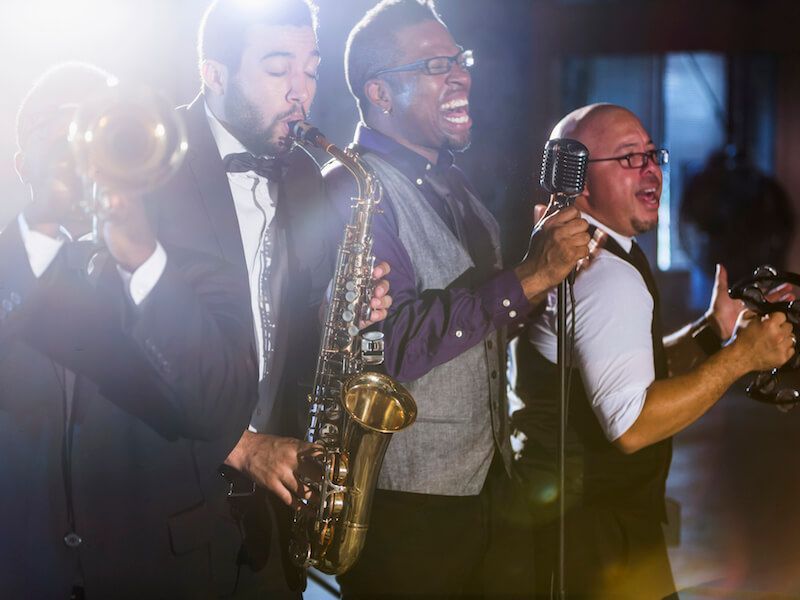Musicians Take Heed: This Can Harm Your Health

Music lovers and musicians of all genres can certainly relate to the words of reggae icon Bob Marley. Marley said the following in regards to the power of music: “One good thing about music, when it hits you, you feel no pain.”
Music has been known to have a detrimental effect on the musicians playing it even though the people enjoying it may not feel any pain. Many musicians learn that without protection, the constant exposure to loud tones can play a role in hearing loss .
As a matter of fact, one German study revealed that working musicians are almost four times more likely to grapple with noise-related hearing loss than somebody working in another field. Those same musicians are also 57 percent more likely to experience constant ringing in their ears, also known as tinnitus.
Those results are not surprising for musicians who frequently receive or produce exposure to noise levels above 85 decibels (dB). The ability of the nerve cells to send messages from the ears to the brain, according to one study, can start to degrade with exposure to sound above 110 dB. This damage is normally permanent.
Any type of music can be loud enough to damage the ears but some styles are riskier because they’re inherently loud. And noise-related hearing loss has had a negative effect on the careers of lots of rock musicians.
One musician who suffers from tinnitus and partial deafness is Pete Townshend of the British rock group The Who. The common belief is that Townshend’s hearing problems result from continuous and repeated exposure to loud music. As his symptoms have progressed over the years, Townshend has utilized several different strategies to manage the issue.
On the band’s 1989 tour, Townshend opted to play acoustically and shield himself from direct contact with loud noises by standing behind a glass partition. At a show in 2012, the volume turned out to be too loud for the guitarist, who chose to leave the stage to escape the noise.
Substantial hearing loss due to loud music exposure has also been a problem for Alex Van Halen of the rock band Van Halen. According to Van Halen himself, the drummer lost 60 percent hearing in his left ear and, 30 percent in his right.
Looking for a way to curtail the continued deterioration of his ability to hear, Van Halen consulted with the band’s soundman on a custom-fitted in-ear monitor. This allowed him to hear the music more clearly and at a lower volume by connecting wirelessly to the soundboard. The sound-man eventually was so successful with this prototype that he began to produce and sell the design and ended up selling the patent to a major tech company for 34 million dollars.
Townshend and Van Halen are just two names on a long “who’s who” list of musicians and singers, including Eric Clapton and Sting, to encounter noise-induced hearing issues.
But there’s one singer in the United Kingdom who found another way to fight her own bout with hearing loss effectively. And while she might not have Clapton’s worldwide name recognition or Sting’s history of record sales, she does have a set of hearing aids that have helped to resurrect her career.
From stages throughout London’s West End, British musical theater performer, Elaine Paige, has been thrilling audiences for over 50 years. Five decades of performing damaged Paige’s hearing to the point she experienced significant hearing loss. Paige shared that she has been depending on hearing aids for years.
Paige said that she uses her hearing aids every day to fight her hearing loss and asserts that her condition has no bearing on her ability to work. And that’s music to the ears of theater fans in the U.K.
Call Today to Set Up an Appointment
References
https://www.aarp.org/health/conditions-treatments/info-2018/musicians-hearing-loss.html
http://www.bbc.com/future/story/20150619-are-you-damaging-your-hearing-without-realising-it


